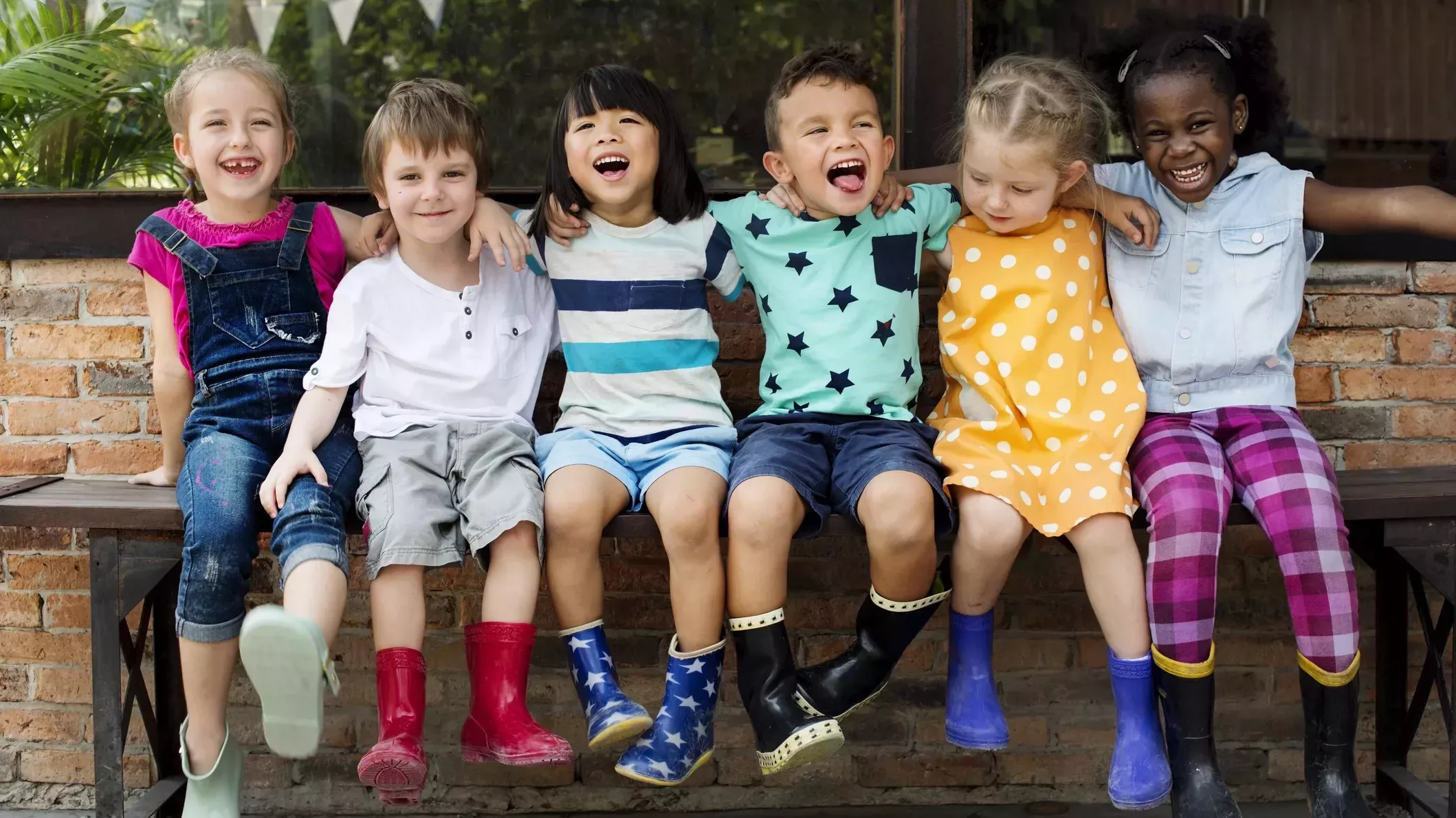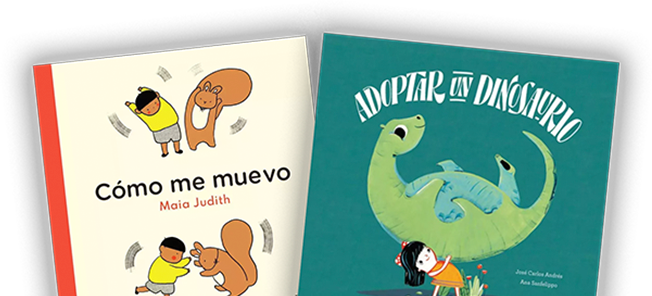
Humans rely on language more than any other communication method to express feelings and needs, so it makes perfect sense that learning more than one language could make it easier for you to communicate with more people.
Beyond communication, there are many benefits to being bilingual, including advantages for children who are raised with multiple languages. A few of the benefits of being raised bilingual are that children tend to have better attention, problem-solving, memory, and multitasking skills, along with a higher creative flair.
There are clearly many reasons to raise a bilingual kid, but parents who do so often have a lot of fears about the challenges or obstacles their child might face.
The good news is that many of these doubts are based on myths about bilingualism. So let’s put your fears to rest and debunk some of the most common misconceptions about bilingual reading in kids.
Myth #1: Learning Two Languages Delays Language Development
One of the biggest concerns that parents have is that raising bilingual kids will cause delays, and this is also one of the most pervasive myths about bilingualism in children.
Language delay is when children have difficulty understanding what they hear or what they read. There are lots of things that can cause language delays, but research has consistently shown that bilingualism isn't one of them.
Children start learning languages at different ages. While there are milestones you can use as a general guideline, no two kids will be the same. For example, most children will likely be reading in Spanish, English, or other languages by about six or seven, but they all develop at their own pace.
The important thing to remember is that learning two languages doesn’t cause language delays.
Myth #2: Becoming Bilingual at an Early Age Causes Speech Delays
A speech delay differs from a language delay, but this is another common fear that parents have for bilingual kids. Whereas a language delay is about communicating, a speech delay is about making actual sounds and forming words.
A speech delay can have numerous causes, but language research has also shown that bilingualism doesn’t contribute to it.
If your child is behind with speech or language development, then you'll be happy to know that many of the things you're already doing to teach them languages will help. That includes reading and singing to them, naming everyday items, pointing out things in their environment, and talking with them frequently.
Myth #3: Code-Switching Is a Sign of Confusion
Code-switching refers to when a person switches between two languages when they're having a conversation.
Code-switching definitely happens when children are learning two languages at the same time, and a lot of parents worry that it’s because the child is confusing the two. In reality, it’s a totally normal part of bilingual development!
When children are young and learning new languages, their vocabulary is still limited. But if they're having a conversation in one language and forget a word that they need to express themselves, then they’ll call on that word in the other language.
Myth #4: Only Native Speakers Can Raise Bilingual Kids
Lots of parents are daunted by the idea of raising bilingual kids when they're not themselves native speakers of the languages, but that doesn’t mean you can't teach your kids.
Just look at any school that teaches different languages and you'll see plenty of examples of teachers who aren't native speakers successfully teaching children a new language.
As long as your child gets enough exposure to the language, then they shouldn’t have any trouble becoming fluent.
Myth #5: There's One Right Way to Teach Kids Two Languages
Parents often worry about doing things the right way, but when it comes to raising kids—even bilingual ones—there's never just one way. Various strategies work well for different families. Here are just a few of the language strategies that can help you raise bilingual kids:
- One parent one language: each parent speaks to the child exclusively in one language
- Minority language at home: at home, you only speak the minority language
- Time and place bilingual parenting: you speak the majority language most of the time, but have special times and certain locations where the whole family speaks the minority language
Myth #6: You Have to Start Early or Don’t Bother
The critical period is a time in a young child’s life when their brains have high levels of neuroplasticity, meaning they can learn things really quickly. It happens because young animals have to learn a lot in a very short time to survive.
This means that young children can indeed learn languages faster. However, that doesn’t mean that older children or even adults can’t become bilingual. In fact, research has shown that people of any age can learn a new language, so it’s never too late to raise your kids to be bilingual.
Myth #7: Kids Should Learn One Language at a Time
Children all over the world learn more than one language at a time. It’s called simultaneous bilingualism, and there's no rule saying kids must become fluent in one language before learning another.
Remember the neuroplasticity idea we mentioned earlier? Well, it also helps young children naturally acquire a language without having to learn it, and they're absolutely capable of learning two simultaneously.
But here's something important to note about simultaneous bilingualism: children must have equal, consistent exposure to both languages; otherwise, they may not acquire one completely.
Sol Book Box Can Help You Foster Bilingual Reading
If there's one key message we hope you take away from the article, it’s this: don’t be afraid to raise bilingual kids! There are a lot of misconceptions out there that could discourage parents from trying, but we hope this article has helped to dispel most of them.
Raising bilingual kids does have some challenges, but the reward will make it all worthwhile. And remember: there are great resources out there like Spanish children's book subscriptions that can make bilingual learning fun, engaging, and exciting for you and your little learner.




